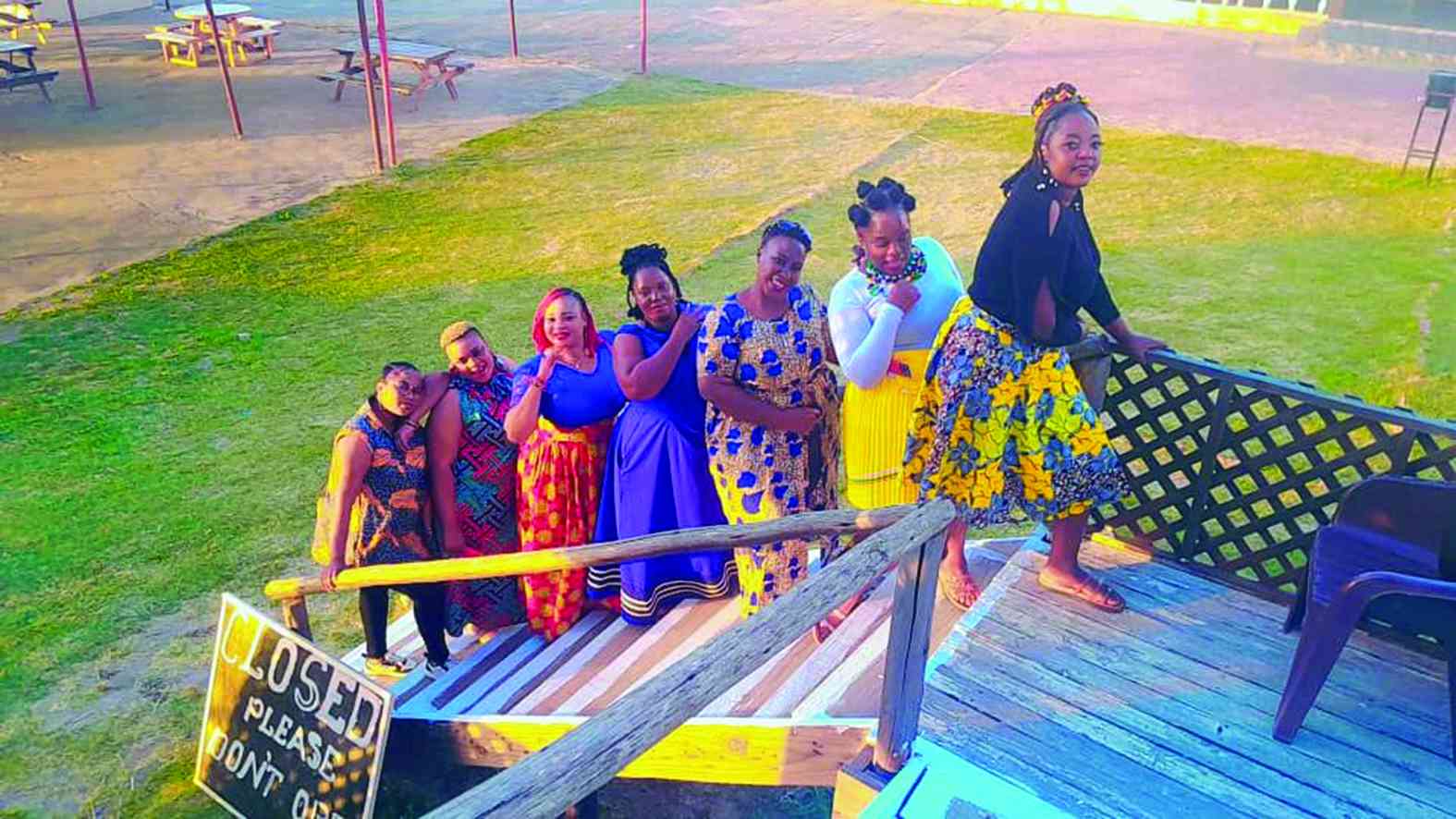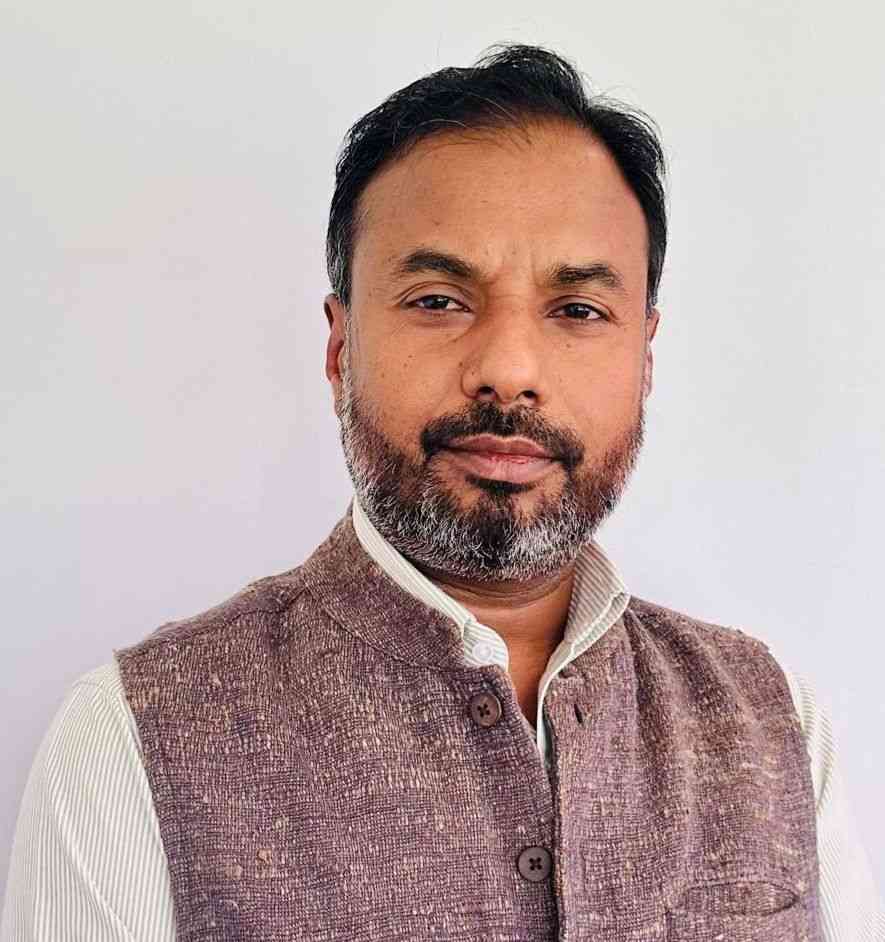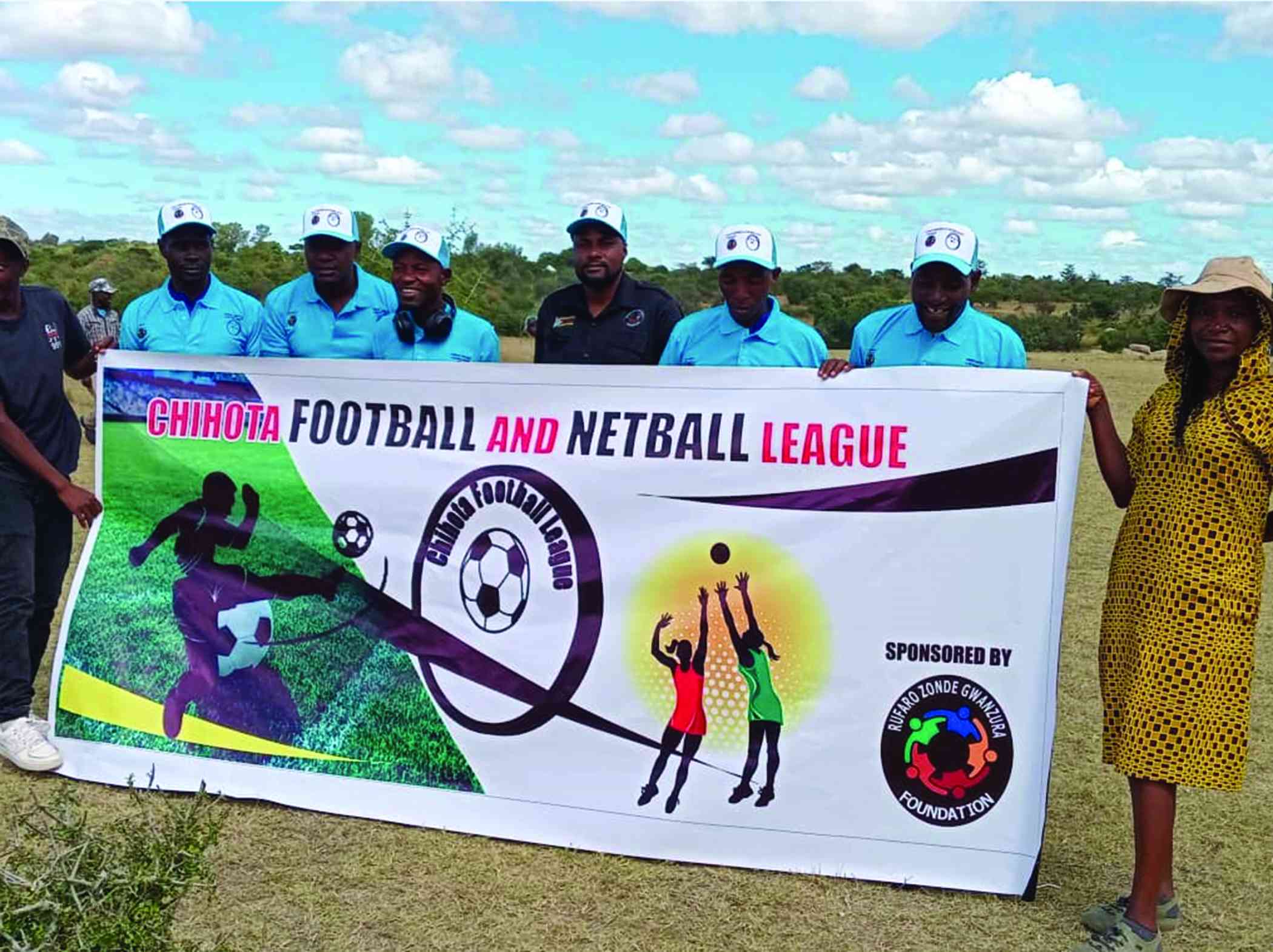
guest column:Vongai Chikwanda
THE historic protest of the Argentinian Mothers of the Plaza de Mayo is one that revisits the memory when one thinks of Itai Dzamara, the forcibly disappeared Zimbabwean journalist and pro-democracy activist.
These are mothers who have refused to be silenced following the enforced disappearance and State terror where over 30 000 civilians taken in the middle of the night from their homes and vanished without a trace.
The movement, driven by ‘women’s feelings and mothers feeling” called for the truth and justice regarding the disappearance of their children. Even when protest was banned in Argentina, the mothers who were ‘mad’ with grief, started walking around in pairs, to avoid getting arrested in groups for assembling, wearing white headscarves that symbolised the diapers embroidered with the names and dates of birth of their children.
Forty years on, some in their eighties and nineties, they remain unrelenting. They have become an inspiration to the rest of the world. They have kept memories of the disappeared alive. The regime called them mad women ‘but only a woman knows the madness that comes with losing a child’.
Enforced disappearances are a crime against humanity. Families of the disappeared are often left to figure out the trauma and mental anguish of enforced disappearances on their own.
The United Nations has emphasised that “enforced disappearance has frequently been used as a strategy to spread terror within the society. The feeling of insecurity generated by this practice is not limited to the close relatives of the disappeared, but also affects their communities and society as a whole.“ In many cases, those disappeared are torture, killed and disposed of in places where they are likely will not be found.
Often women are the first responders to human rights by virtue of being wife, sister or mother.
- Chamisa under fire over US$120K donation
- Mavhunga puts DeMbare into Chibuku quarterfinals
- Pension funds bet on Cabora Bassa oilfields
- Councils defy govt fire tender directive
Keep Reading
They refused to be silenced until their loved ones are brought back to them. This is the case of Sheffra Dzamara, wife of Itai. Itai was abducted on March 9 2015. She is wife and mother to Itai’s two children. She too is seeking truth and justice over the enforced disappearance of her husband five years ago.
Driven by grief, she speaks of her children being robbed of a father figure early in life. She wants answers and closure, but that can only come from knowing who took away her husband ,why and where? It pains her that the people responsible for her husband’s disappearance, though unknown, may be roaming the streets and committing more atrocities.
Every time she walks in the streets of Harare, she hopes to see that one familiar face and has resorted to checking whether her husband is one of the destitute or mentally-ill persons roaming the streets of Harare.
Such is the relentlessness of a woman who just wants her husband back home and some closure to this.
She is raising a generation of ‘woke’ children, who think their father was taken by the Zimbabwean government. These children, though filled with hope of their father’s return, have been robbed of a father’s love and presence in various stages of their lives.
They are victims of enforced disappearances that need our support in calling for truth and justice.
What governments, like Argentina and Zimbabwe do not anticipate is the resolve of the women whose husbands and children are taken.
Lack of closure only haunts the families even further. Lives are in limbo when you do not know whether your loved one is alive or not. You cling to hope, but with each passing day, hopes are shattered.
You go through emotions of anger, hostility, depression and desperation to get an answer. Such has been Sheffra’s experience.
We must stand with her. Stand with her in calling on the Zimbabwe government not to hide or conceal facts about Itai’s disappearance.
Standing with her in calling for truth and justice as we have seen slowly in Argentina and elsewhere.
If the government believes it has nothing to hide on Itai’s enforced disappearance, they must allow for an independent judge-led commission of inquiry with powers to subpoena witnesses to probe Itai’s disappearance.
Failure to do this only feeds into doubting the government’s oft-expressed commitment to ensure justice for victims of enforced disappearances in Zimbabwe.











